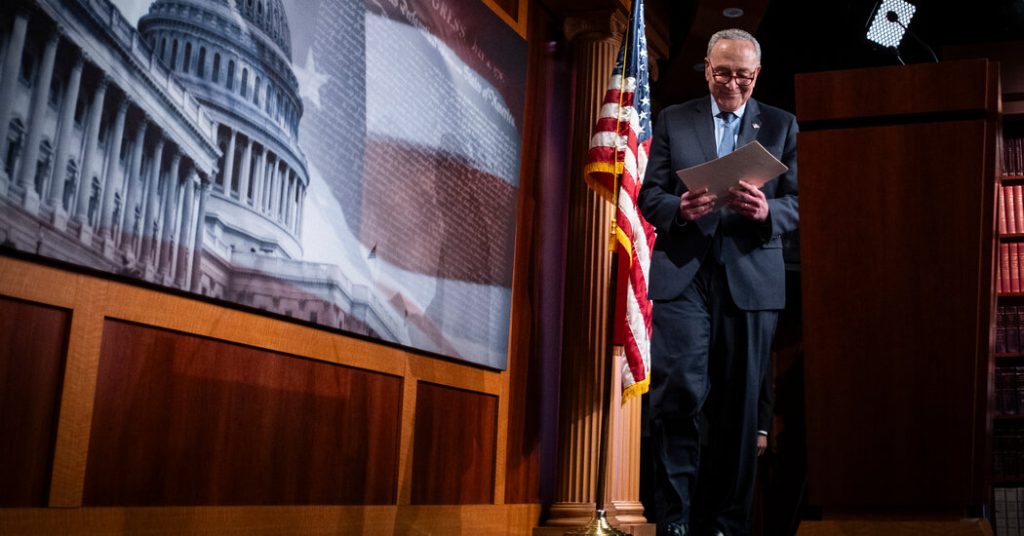The Senate recently passed an extension of a warrantless surveillance law known as Section 702 of the Foreign Intelligence Surveillance Act (FISA). The bill, which extends the law for two years, was approved despite debate and proposed amendments from privacy advocates. National security officials argue that the law is crucial for fighting terrorism, while privacy advocates argue that it poses a threat to Americans’ rights. The Senate voted down several proposed amendments, including one that would have required a warrant before viewing Americans’ communications collected under the program.
Proponents of Section 702 argue that it is essential for national security and protecting Americans from various threats. The Attorney General and other officials praised the bill’s passage, emphasizing the importance of the law in safeguarding the country against terrorism, cyber threats, and other dangers. However, critics have expressed concerns about the potential for abuse and violations of civil liberties under the program, particularly regarding the collection of Americans’ communications without a warrant.
The law allows the government to collect the communications of foreigners abroad who are targeted for intelligence or counterterrorism purposes, even if they are communicating with Americans. Critics argue that this sweeps up the private messages of Americans without proper oversight or protection. The extension of Section 702 has generated intense debate in Congress, with privacy advocates pushing for greater restrictions and transparency to protect civil liberties.
The debate over Section 702 has been ongoing since its creation in response to the post-9/11 era of heightened national security measures. The law has faced criticism for its potential impact on Americans’ privacy rights and the broad scope of surveillance activities it authorizes. Privacy advocates and some lawmakers have raised concerns about the lack of safeguards and oversight in the program, leading to calls for reforms and restrictions on its implementation.
The recent passage of the Section 702 extension has garnered mixed reactions, with privacy advocates expressing disappointment over the failure to include warrant requirements and other safeguards in the bill. Critics argue that the law could lead to abuses and violations of Americans’ constitutional rights, while proponents emphasize the importance of the law in protecting the country from security threats. The ongoing debate over surveillance laws and civil liberties is likely to continue as Congress grapples with balancing national security concerns with privacy rights.
Despite the passage of the Section 702 extension, concerns remain about the impact of warrantless surveillance on Americans’ privacy and civil liberties. The debate over surveillance laws, transparency, and oversight will continue as Congress seeks to address the balance between national security and individual freedoms. Moving forward, lawmakers may consider further reforms and restrictions on surveillance programs to address critiques and protect constitutional rights in an increasingly digital age.


